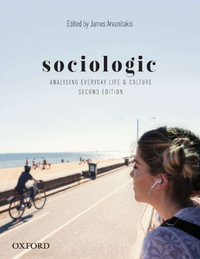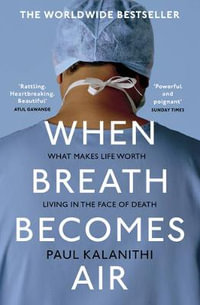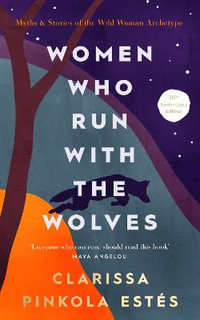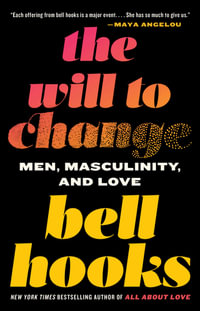What has the death of Corporal Patrick D. Tillman of the US Army Rangers in an incident of friendly fire in Afghanistan in 2004 got to do with culture? How has the study of ideology, coding, theming and representation by Cultural Studies helped us to understand Reality TV, the Internet, mobile phones, the iPod and leading brands in neat capitalism like Virgin, The Body Shop and Apple?
This lively and assured book provides a concise and authoritative critical guide to Cultural Studies. It demonstrates that the field has moved through four moments': the National/Popular, the Textual/Representational, Global/Post Essentialism and Governmentality/Policy. It illustrates the meaning of each of these moments by a discussion of representative texts and concrete examples from popular culture. As such, it achieves a novel and accessible account of the origins and development of the field.
The book also shows how the readers personal experience can be systematically situated in cultural forces and used as a resource to clarify how culture works, through the analysis of on-location practice, embodiment, emplacement and context. Packed with illuminating examples, and a clear and compelling prose style, the book is the antidote to abstract, hazy accounts of the meaning and value of Cultural Studies. It is the ideal text for readers new to the field, but it will also be appreciated by established practitioners as good to think with.
Industry Reviews
"A lively appraisal of Cultural Studies, offering an array of fresh
insights into current debates about pressing social issues. Chris
Rojek provokes, challenges and inspires in equal measure."
Professor Stuart Allan, University of the West of
England
"Chris Rojek has for decades worked on the cutting edge of
cultural studies. His book Cultural Studies presents an
excellent introduction to the field; case studies in how to do
cultural studies; an overview of significant moments and debates in
the field; and the articulation of original categories and insights
that should be of use to beginning students and seasoned scholars
alike."
Douglas Kellner, University of California-Los
Angeles
























